Rich millennials are creating new status symbols as they start to buy homes and have kids. Here's 10 ways they are redefining luxury.
Sawdah Bhaimiya

- Wealthy millennials are approaching their 40s and are starting their own families and buying homes.
- This is changing their perception of luxury and what they splash out on.
Wealthy millennials are approaching their 40s and starting to get serious about life. Some are starting families or buying homes, and this is changing what luxury looks like to them.
In the past, millennials were known to splurge on personalized experiences, brands that matched their values, and luxury apparel like sneakers and streetwear.
Now that they've grown up a little bit, they're spending more on their homes, children, and pets. Here are 10 new trends and status symbols for rich millennials:
They like to spoil their pets.
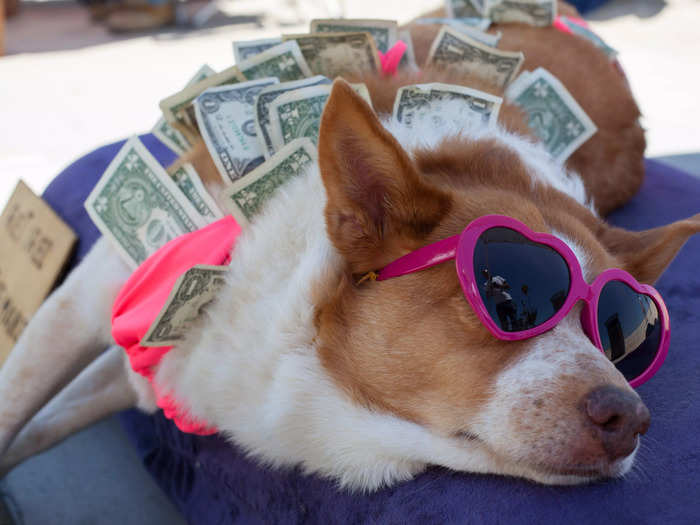
Millennials are spoiling their pets with luxury food and goods.
Instead of buying regular pet food from Mars' Pedigree or Nestle's Purina, this generation is splurging on more premium brands like Rachael Ray's Nutrish or Simpson's Premium, which offer organic and gluten-free meals.
Some pets are getting high-end treatment, with their owners dropping as much as $12,000 on miniature "playhouses" and splashing out on luxury clothing and accessories, including $600 Moncler puffa jackets, $80 Ugg boots, $152 designer poop bag holders, or $1,100 Hermés wooden dog bowls.
Some pet owners have started making "barkuterie" boards — or snacks inspired by charcuterie boards — for their dogs, with an assortment of biscuits and other treats.
Kristen Boesel, formerly a lifestyles and leisure analyst at market research firm Mintel, told Insider that millennials are splurging on pet products because they're having children later.
"They're adopting pets and transferring some of their parenting urges onto them first," she previously told Insider.
"As they [millennials] become higher earners than before, they can spend on things that have less of a functional purpose," she added.
They're choosing electric vehicles over luxury cars.
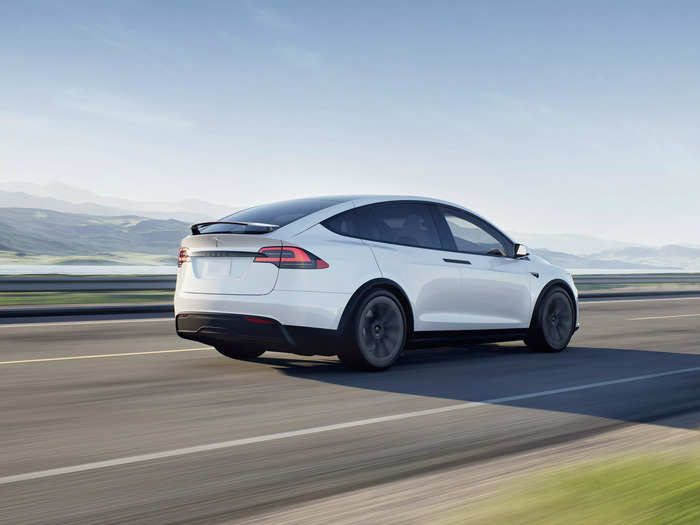
Wealthy millennials — especially men — are snatching up electric vehicles more than any other generation, according to data from consumer insights firm J.D. Power. The hefty price tag makes these cars the ultimate status symbol. According to recent analysis from Consumer Reports, most new EVs are luxury models that cost over $61,000, which is $12,000 more than the industry average.
For example, Tesla's cheapest EV the Model 3 has a starting price of $40,240. Its most expensive EVs, the Model S and Model X, can cost up to $108,500.
But there are other reasons why this purchase is a big financial commitment. While it's possible to use public charging stations, it is most convenient to charge these vehicles at home overnight. Some models might require a special charging outlet that can be expensive to install and likely not an option for renters, which makes the product more exclusive.
They're creating Instagrammable laundry rooms.
They splash out on pricey handwash.
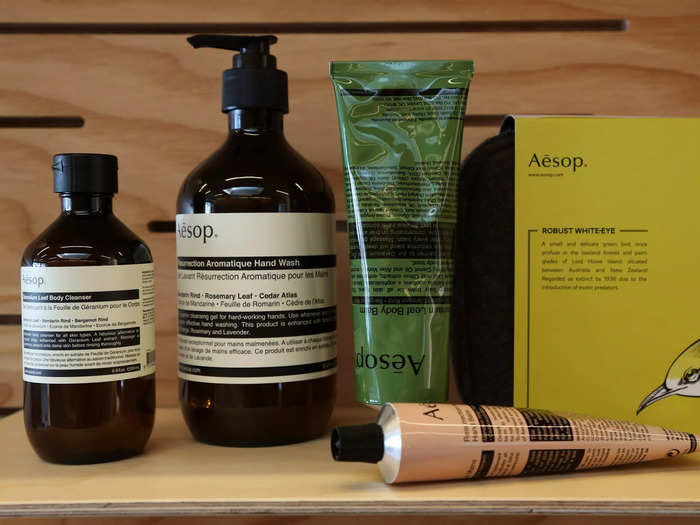
This generation has struggled financially for years and paid sky-high rent just to share grimy flats with strangers. Now that some own homes, they can assert perfect control over every inch of their living space down to the kind of handwash next to the sink.
Trendy Australian skincare brand Aesop has cornered this side of the market with its cruelty-free and vegan hand wash that costs $40 and is often seen in hotels and restaurants. Rich millennials are bringing Aesop home to show that they're willing to splash out on the smallest of details.
Beauty brand L'Oreal announced plans to buy the brand for $2.5 billion in April. At the time, L'Oreal CEO Nicolas Hieronimus described its products as "a superb combination of urbanity, hedonism, and undeniable luxury," all of the things that appeal to wealthy millennials.
They're spending thousands of dollars on kitchen appliances.
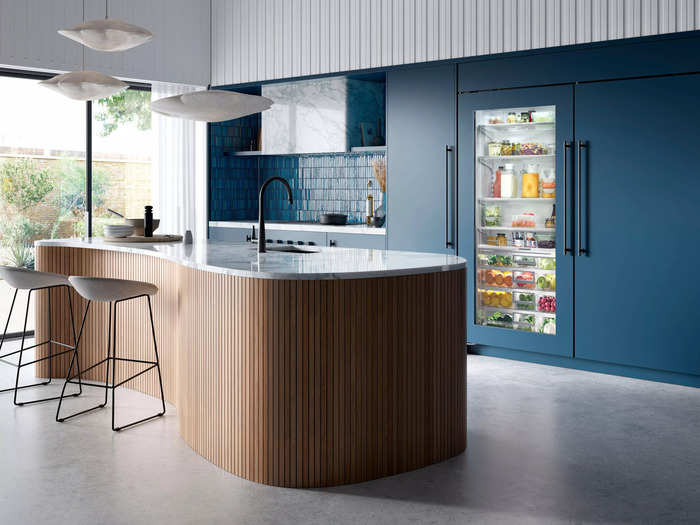
High-end glass front refrigerators that have graced the homes of celebrities like Kim Kardashian and Kris Jenner are catching on. These refrigerators usually show pristinely ordered rows of fruits, vegetables, and drinks.
True Residential, which is the company that created Jenner's fridge, told Insider that its fridges range from $13,300 to $25,400 for larger sizes. It appeals to a demographic belonging to the "top half-percent to top 1% of annual household income," its brand manager Chelsea McClaran previously said.
"It's mostly aesthetics, especially at the luxury price point," McClaran said. "Most of our customers are not looking to keep up with the Joneses. They're looking to have something that nobody's ever seen before."
Some wealthy homeowners were even scrambling to get their hands on $40,000 stoves that come with six gas burners, two ovens, and an electric griddle as they looked to revamp their homes during the pandemic.
These stoves, called La Grande Cuisine 2000, were designed by L'Atelier Paris. The company describes the stove as "jewelry for your kitchen."
Other excesses include installing not one, but two dishwashers both out of convenience and a show of wealth.
They have expensive coffee machines in their kitchen.
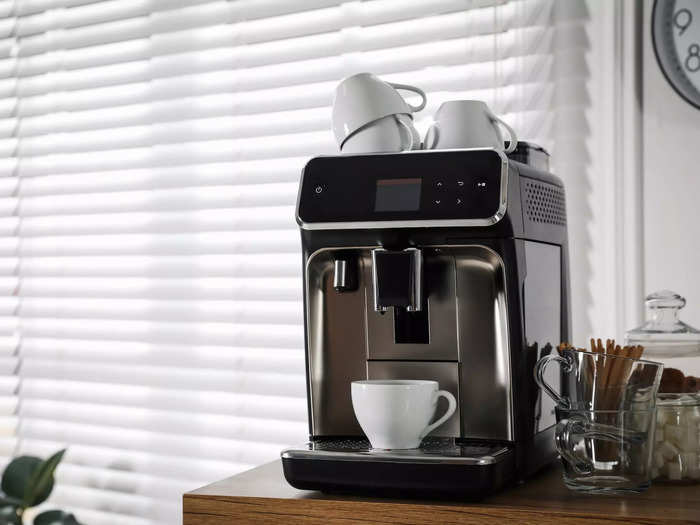
The Starbucks generation is splashing out on coffee machines to feed their coffee addiction at home.
The Times UK writer Harriet Walker said these machines are now considered to be investment pieces among UK millennials because the cost of takeout coffee has soared.
Some of the most basic espresso coffee machines cost around $400 according to a recent Insider review, while you can expect to pay as much as $6,000 for fancier versions.
"Like watches and handbags, a coffee machine is now an investment piece, so you may as well choose one that looks nice," Walker wrote.
They're bringing back the travel agent.

Bill Gates once predicted that the launch of Expedia's online travel site would be the end of the line for travel agents, but rich millennials with an appetite for luxury have proved him wrong.
96% of Gen Z and millennials between the ages of 18 to 44, who consider themselves luxury travelers, are more likely to use travel agents, a Flywire survey found in 2022.
90% of this demographic said travel agents and advisors were "the only way to have a truly luxury experience," per Flywire.
Some luxury travel companies they're using include Virtuoso, Knightsbridge Circle, Fischer Travel, and Scott Dunn Private. And these services don't come cheap. According to Barron's, Fischer Travel, for example, charges $150,000 membership fees and $25,000 annual fees for travel and lifestyle services.
Luxury travel company Black Tomato told lifestyle magazine The Robb Report that the bulk of its business now comes from millennials with families but it's also seen an increase in solo travelers in this generation who are looking to do more adventurous trips.
They're getting Botox.
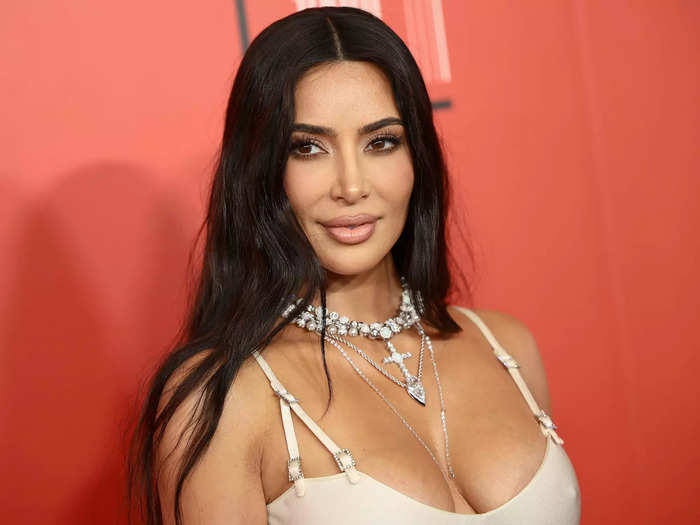
Older millennials are starting to approach their 40s and have watched as celebrities and influencers their age like Kim Kardashian get Botox and other cosmetic procedures to defy the laws of aging.
The American Society of Plastic Surgeons found almost 30% of plastic surgeons saw double the business post-pandemic — largely from women aged 31 to 45 who were looking for procedures like Botox, fillers, noninvasive fat reduction, and nonsurgical skin tightening.
Ryan Neinstein, a plastic surgeon, told The Society that the millennial desire to pursue such procedures is rooted in wellness culture.
"What I find is that most of our patients now take incredibly good care of themselves," Neinstein said. "They eat well. They exercise. They're well-read. They're well-educated. And that plastic surgery is part of the wellness cycle," he added.
They want to bring the spa home.
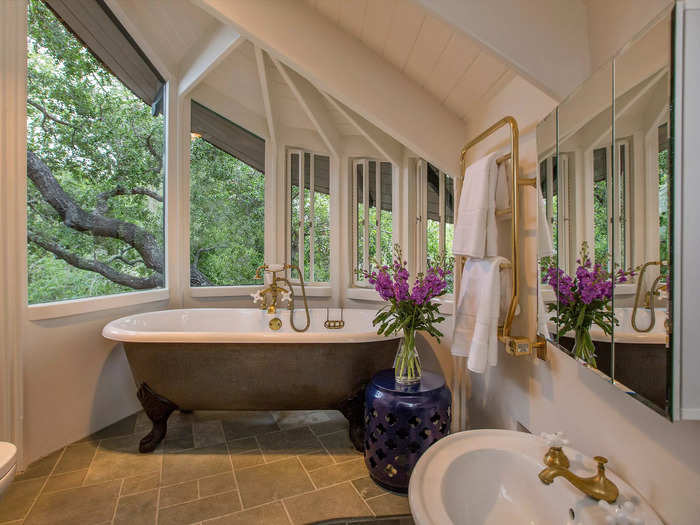
Rich millennial women are keen to carve out a space in the home to harness their zen and hide away from the stress and chaos of the real world, and a spa bathroom is the perfect representation of this.
The hashtag "spabathroom" on Instagram and Tiktok shows perfectly curated images and videos of neutral-colored rooms fit with plush chairs, rugs, and plants complete with a massive round bathtub.
Interior designer Ariel Okin told Refinery29 that "creating a zen, spa-like atmosphere has become paramount in bathrooms."
She continued: "I actually think it's quite a renaissance of the Victorian era when women had a 'boudoir' attached to their bedrooms.
"There's something very personal and special about that time in the morning before work or evening before a date or an event when you're getting ready for what lies ahead, and the bathroom is, in essence, a vehicle for that moment," she said.
They're spending $1,700 on high-tech cots to help their newborns sleep.
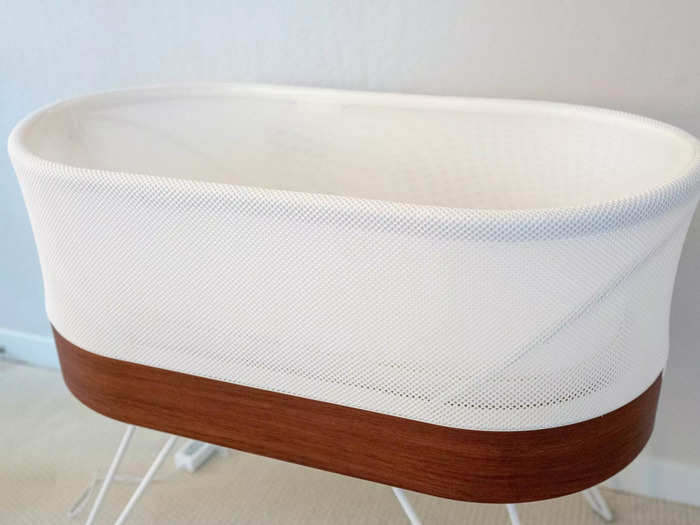
Older millennials are starting to have children and want only the best products, including a $1,700 smart baby crib that can automatically rock in response to a crying baby.
The Snoo is a high-tech bassinet created by husband and wife cofounders Nina Montée Karp and Dr. Harvey Kerp. The product has been endorsed by celebrities like Jessica Biel, Scarlett Johansson, Gigi Hadid, and Beyonce.
Now, major companies from JPMorgan to Snap are also offering the product to employees as part of their parental benefits package in 2023.
The brand's high-profile customers make it a must-have for rich millennial parents.
Popular Right Now
Advertisement